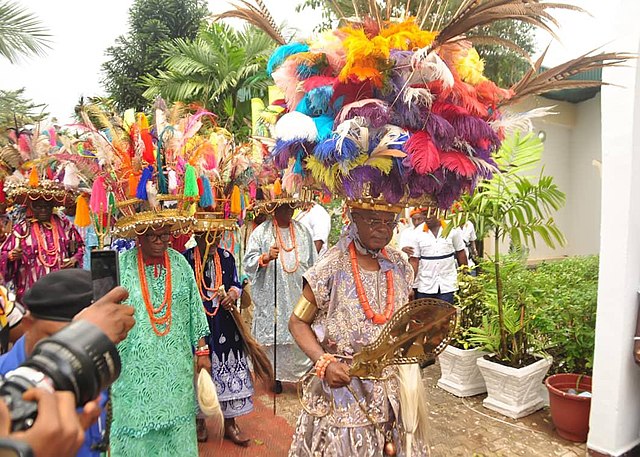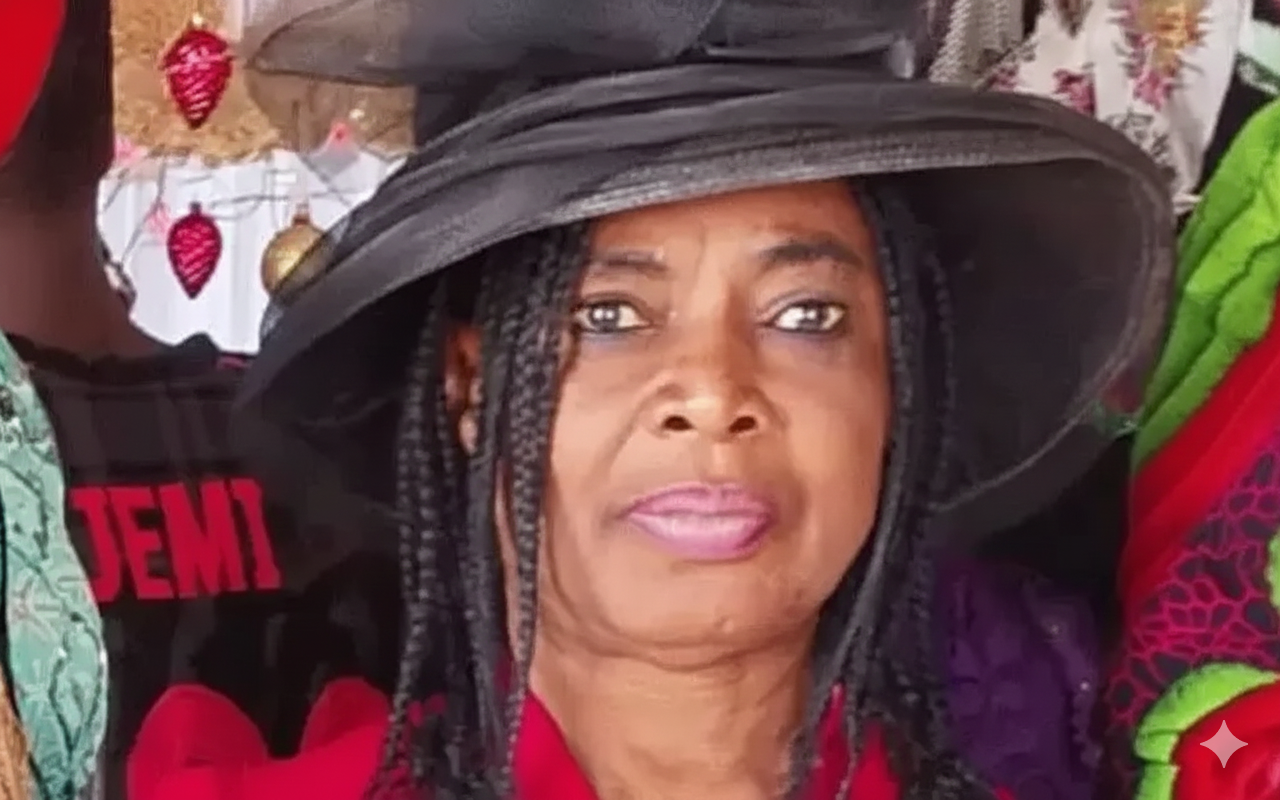
The adoption of the United States presidential system in Nigeria has only increased poverty and insecurity across the country, doing more harm than good for Nigeria, particularly in the last 25 years of the country’s democratic journey, stakeholders said on Monday.
They also called for circumspection in considering the parliamentary method.
The stakeholders stated this at a national discourse on a home-grown parliamentary system of government organised by the Home-Grown Parliamentary System Support Group (PSSG).
Former presidential aide, Dr. Usman Bugaje, who was a Guest Speaker at the event, said the last 25 years of the presidential democracy had not actually given Nigerian citizens what they were expecting from their governments.
The former lawmaker said, if anything, three major things have happened in the last 25 years since the adoption of the American model of democracy in Nigeria: deepening poverty, escalating security, and mind-boggling corruption.
“You look at the statistics, even if you only have to go to the World Bank or UNDP, just look at the statistics at the National Bureau for Statistics. You see how poverty has been deepening in the last 25 years.
“You look at the escalating security. I mean, 1999 was fairly peaceful despite the transition into the military. But look at what has happened 10 years later, another 10 years later, where we are now. New bandits are arriving into our own land, even as we have not quite finished with the ones that have already shown their faces.
“Mind-boggling corruption. Now, this is a very serious matter. I know it’s a bit uncomfortable discussing about it. These are some of the things we prefer to sweep under the carpet, but they will keep coming up because they are a fundamental breach of democratic practices and they cumulatively undermine the political system and create the crisis, the kind of which we will not be able to recover,” he said.
Bugaje, while blaming lawmakers for Nigeria’s woes, lamented that the parliaments were not playing the role they should play.
He added: “They have largely become rubber-stamped and they have been part of the problem of this country. You have extricated yourself from part of that image, you have come out and played that role which the Constitution has given you.”
On the proposed system of government, he said: “I like the idea of the homegrown effort. This is a very keyword, because if you borrow a system that has been nurtured in an entirely different history, social, and cultural environment, it will not work for you.
“You are supposed to work on your own system. If we keep borrowing and borrowing and borrowing, we’ll become enslaved by ideas and systems that do not quite fit and solve our own problems. And I thought for this purpose it’s very important that we underscore the significance of this.
“When we come to look at our homegrown system like I said, we need to broaden the discussion. One, we have to look at this as a process of reinventing our politics because our politics is really sick, is decaying, and citizens are agitating because it is not giving them what they are looking for.”
Similarly, former vice-chancellor of the Ahmadu Bello University, Zaria, and convener of the Northern Elders Forum, Professor Ango Abdullahi, said the country’s situation is worse under the presidential democracy experiment in the past 24 years than the four-year stint of the parliamentary system of government shortly after Independence.
Abdullahi, who was chairman of the occasion, said Nigeria’s adoption of the American presidential system was, “our first mistake for us to bring a system that did not fit our history, traditions, or our experience.”
He added: “Now we have experienced the presidential system for 24 years. With due respect, I think our situation is worse than under the parliamentary system that we exempted after trying it for four, five years. One of the things we did wrong was to bring in a system that did not fit us.”
While supporting the adoption of a new system of government for the country, he said: “…we should work on something. It must not necessarily be a typical parliamentary system from our former colonial masters, it could be something else. Definitely, the presidential system did not work for us… and there is a need for us to change to something else.”
On his part, a leader of the PSSG, Hon. Abdussamad Dasuki (PDP, Sokoto), said the presidential system has in the last 25 years shown that this was not the democracy “we desire, nor the one our founding fathers envisaged.”
He said: “A closer look at our system reveals fractures that can no longer be ignored, dreams left unfulfilled, and gaps that beg to be filled.
“Now is the time to address these issues. Now is the time to rethink an escape route from this reality.”






